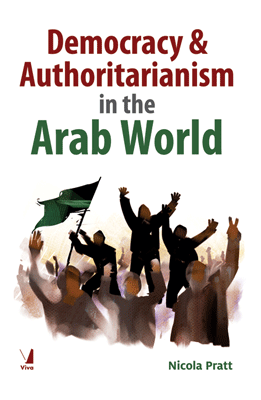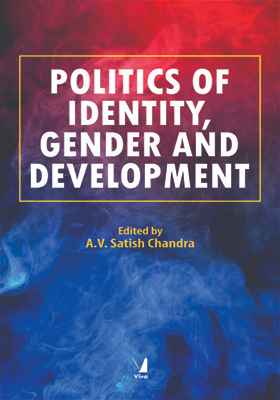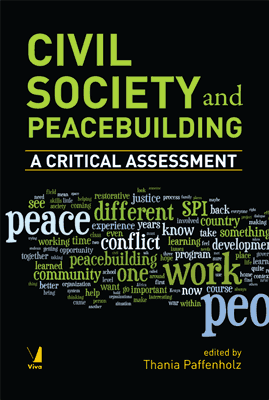Democracy & Authoritariansim in the Arab World
Democracy & Authoritariansim in the Arab World
₹895.50 ₹995.00 Save: ₹99.50 (10%)
Go to cartISBN: 9789386105325
Bind: Paperback
Year: 2017
Pages: 248
Size: 5.75 x 9 Inch
Publisher: Lynne Rienner Publishers, Inc.
Published in India by: Viva Books
Exclusive Distributors: Viva Books
Sales Territory: India, Nepal, Pakistan, Bangladesh, Sri Lanka
"Democracy and Authoritarianism in the Arab World is an important exploration of how the ideological orientation of civil society affects the possibilities for democratization."
—Vickie Langohr, College of the Holy Cross
Description:
What explains the enduring rule of authoritarian regimes in the Arab world? Nicola Pratt offers an innovative approach to this recurring question, shedding light on the failure of democratization by examining both the broad dynamics of authoritarianism in the region and the particular role of civil society.
Pratt appraises the part that civil society actors played in the normalization of authoritarianism in the Middle East, the challenges that new organized groups now pose to entrenched Arab regimes, and the varying ways in which those regimes are responding. She also explores the diversity of conceptions of democracy among nonstate actors. Arguing against the idea that Arab culture is inherently incompatible with democracy—the concept of Middle East "exceptionalism"—she assesses the realistic potential for democratization in the region.
Target Audience:
Students and academics of international relations, middle-east studies, etc.
Contents:
Acknowledgments
Chapter 1: Reconsidering Democratization in the Arab World • Classifying Arab Regimes • The Basis of Authoritarian Rule: Bringing the State Back In • The Culture of Authoritarianism: Hegemony and Civil Society • Democracy as Counter-Hegemony • Organization of the Book
Chapter 2: The Normalization of Authoritarianism • The Emergence of the State and Civil Society • Under Colonial Rule • Civil Society and Postindependence • Nation-State Building • The Project for National Modernization • Conclusion
Chapter 3: Challenges to Authoritarianism • The Crisis • Rethinking Arab Nationalism and the Postindependence Consensus • Transformation of Civil Society • Conclusion
Chapter 4: Authoritarianism Renewed • The Reorganization of Authoritarianism • Public Culture and the Reconfiguring of Consent • Conclusion
Chapter 5: The Politics of Democratization • In Search of Autonomy: The Dilemma of Human Rights Groups • Islamists and Secularists Within Civil Society • Redefining the State Modernization Project: The Dilemma of Women and Workers • Conceptualizing National Identity: The Issue of ?Minorities,? • National Identity and the Issue of the West • Conclusion
Chapter 6: Transnational Links and Democratization • Transnationalism in the Arab World: From Empire to Colonialism • The Islamist Movement • Solidarity with the Palestinians • The Antiglobalization/Antiwar Movement • Conclusion
Chapter 7: Conclusion • Institutions vs. Actors • Political Economy vs. Political Culture • Internal vs. External Factors
Bibliography
Index
About the Book
About the Author:
Nicola Pratt is lecturer in comparative politics and international relations at the University of East Anglia and associate editor of the British Journal for Middle Eastern Studies.







